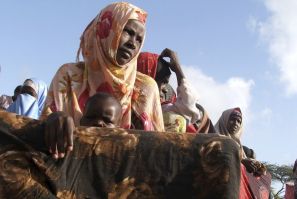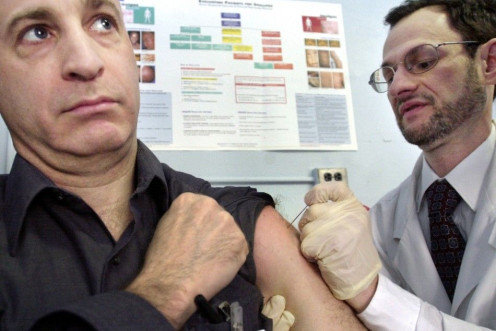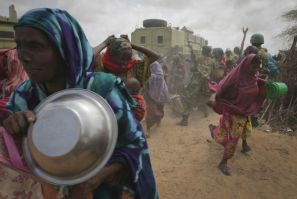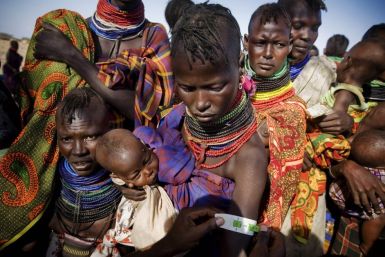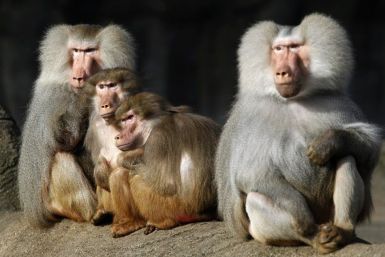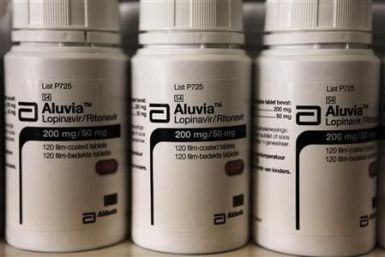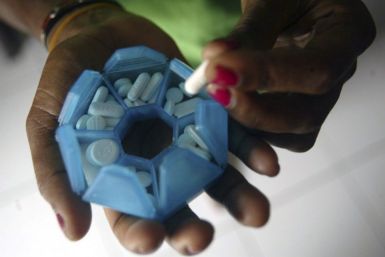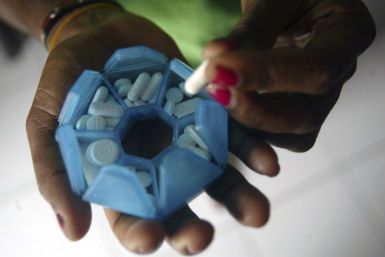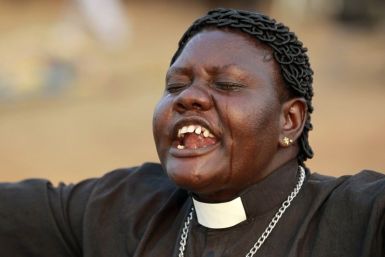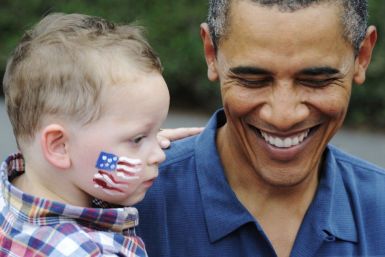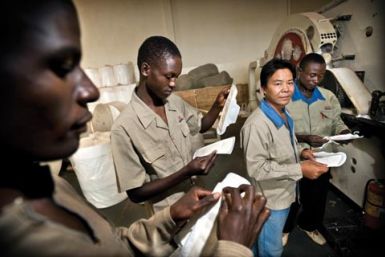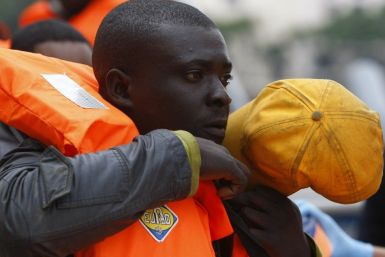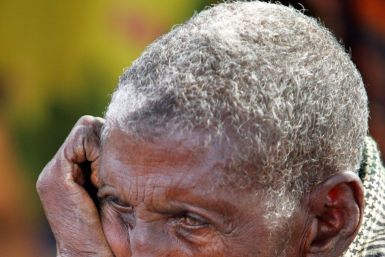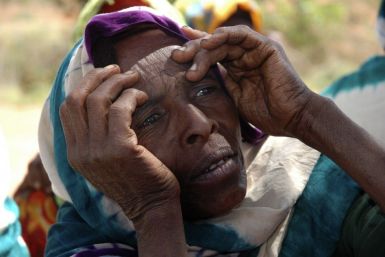A senior United Nations official warned that climate change could become a catalyst for sudden and abrupt shocks worldwide and have far-reaching implications for global stability and security. Achim Steiner, executive director of the U.N. Environmental Program, told the U.N. Security Council Wednesday that natural resources are at risk.
Millions of people across Somalia are suffering from drought and famine, but you can help by donating to aid agencies working to bring supplies to the Horn of Africa.
A woman in Kenya was killed on Friday when a Lion entered her home and attacked. Kenya Wildlife Service intensified their search for the lion on Monday as villagers remained panic-stricken.
With no improvement in the overall food security conditions expected before early 2012, about a million of children in drought-ridden Horn of Africa are at the risk of dying from malnourishment.
The United Nations has reported that measles outbreaks in Ethiopia and Kenya have killed dozens of children and sickened thousands of others. Measles are spread through contact with droplets from the nose, mouth, or throat of an infected person and symptoms include bloodshot eyes, cough, fever, light sensitivity, muscle pain, and rash.
Measles, a highly contagious and serious disease, still wreaks havoc on Africa due to poverty and ignorance. A United Nations spokesperson said on Friday that 17,584 people have contracted this disease and 114 have died from it in Ethiopia, reported CBS.
The United Nations has reported that measles outbreaks in Ethiopia and Kenya have killed dozens of children and sickened thousands of others. UNICEF spokeswoman Marixie Mercado said today that at least 17,584 measles cases were reported by Ethiopian officials in the first half of the year. The outbreaks have results in 114 deaths.
A 9-year study of wild baboons in Kenya by Princeton University and the Institute of Primate Research may turn conventional assumptions of alphas males upside down.
While typically being labeled an alpha male would be seen as a compliment, it now might mean you actually suffer from more stress, according to a recent study.
Healthy HIV-free people could reduce their risk of getting the infection if they take a daily dose of antiretroviral drugs used to treat it, two groundbreaking studies have found.
The two studies were conducted in Africa among heterosexual couples in Kenya, Uganda and Botswana found that daily drugs for the sexually transmitted disease reduced infection rates by an average of at least 62 percent when compared with placebo.
Two HIV studies in Africa have revealed today that taking a daily pill containing antiretroviral drugs can reduce HIV transmission by as much as 75% in heterosexual couples. The results were called so compelling that that larger study was halted, researchers said Wednesday.
AIDS drugs designed to treat HIV can also be used to reduce dramatically the risk of infection among heterosexual couples, two studies conducted in Africa showed for the first time on Wednesday.
AIDS drugs designed to treat HIV can also be used to reduce dramatically the risk of infection among heterosexual couples, two studies conducted in Africa showed for the first time on Wednesday.
Two new studies in Africa have found out that, infection with Aids virus can be prevented by daily pills in heterosexual men and women.
The newest country in the world is set to get its own currency and to join the United Nations.
People from Sudan and South Sudan gathered together in New York, across the United Nations, to celebrate the independence of the newest country of the planet, but also to bring attention to those, like the Darfurians, whose future hasn't been decided yet.
President Barack Obama's birth certificate proves he was born in United States, but he came close to growing up in a foster home.
A strike in Kampala, Uganda may reflect the growing uneasiness of Africans with having Asian traders in their midst.
A boat traveling between Sudan and Saudi Arabia caught fire, killing most of the refugees on board.
Around 10 million people total in the Horn of Africa will need food aid as a result of a massive drought.
Britain has pledged to offer £38-million ($61-million) to Ethiopia in order to feed more than one million people who have been devastated by a severe drought.



